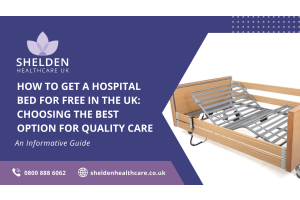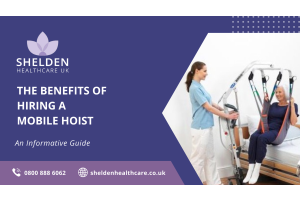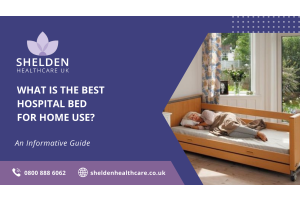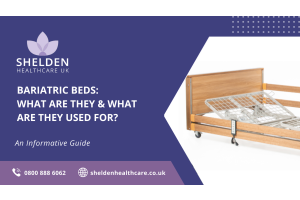Why Are Mobility Aids Important?
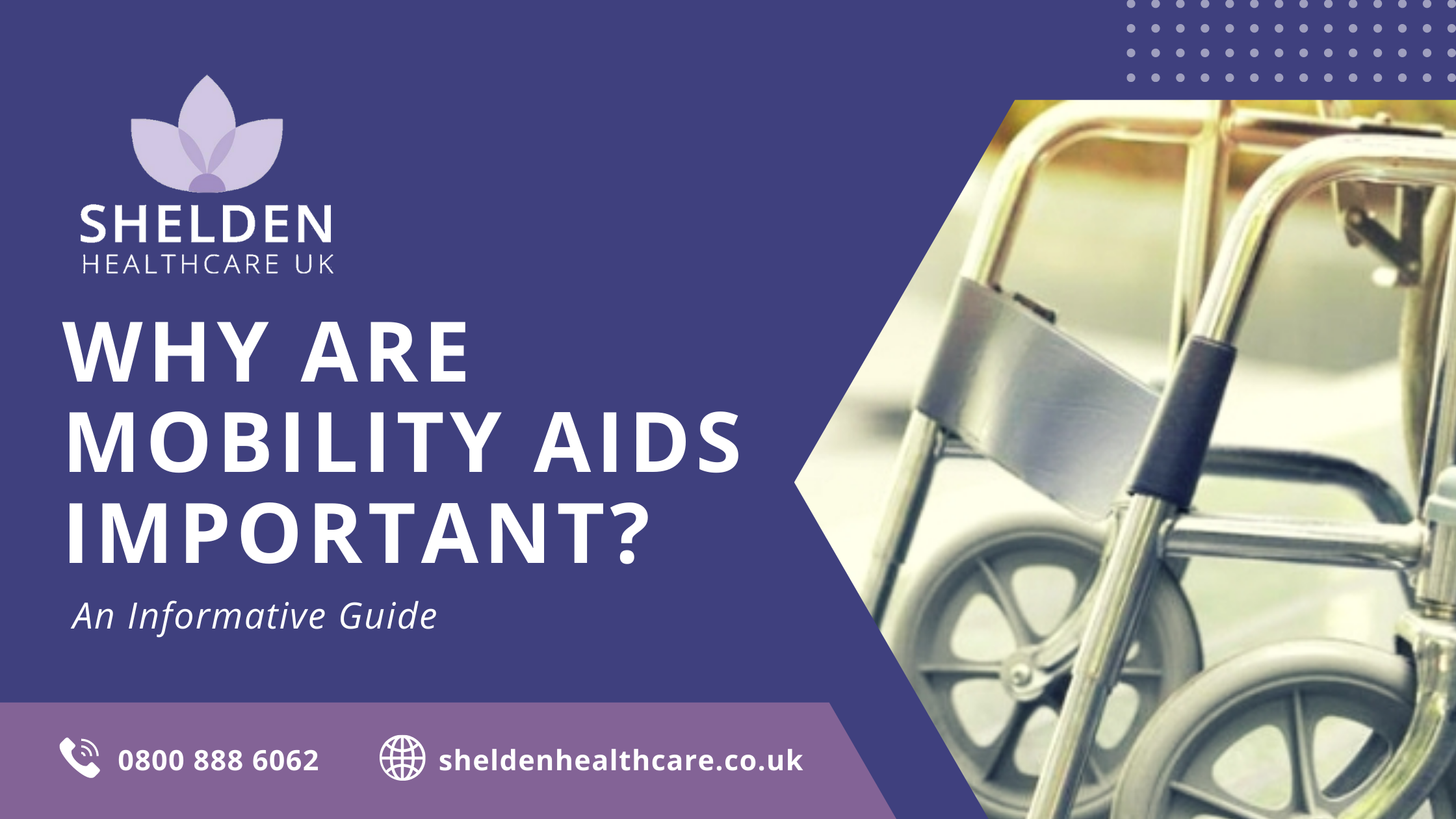
Mobility aids are designed to help assist individuals in walking and other daily activities.
The elderly and disabled often require assistance when it comes to mobility, and aids are designed and tailored specifically to promote safety and independence.
Mobility products are an ideal, affordable solution for those who require support on a regular basis.
Although caring for a loved one can bring its difficulties, investing in mobility aids reduces stress, increases efficiency and allows much more freedom overall. In fact, industry professionals predict that the global medical mobility aids market is to grow at a CAGR of 4.50% during the 2017 – 2021 period – so in other words, mobility aids are in great demand by clinical and home-based users.
In this article, we’re going to look at common mobility problems, popular mobility aids and of course, the absolute importance of them.
COMMON MOBILITY PROBLEMS
What do you think the most common mobility problem is?
There are many contributing factors towards mobility problems, these can include joint problems, muscle weakness, pain, and diseases to name a few. These are all quite commonly found with the elderly, and although we can’t necessarily stop it completely, there are many things we can do to reduce and prevent these problems.
Falls – due to uneven surfaces
Trips – from stairs, steps, and inclines
Walking – can cause pain and major injury
POPULAR MOBILITY AIDS
Rollators – Mobility rollators are a popular style walker which consists of a frame with four wheels, handlebars, a seat and a bag for storage space. All rollators do not come with storage; however, this is an additional extra depending on requirements. The seat ensures the user has the opportunity to rest if need be and they are incredibly reliable, versatile and durable.
Walking frames – Walking frames are designed with a steel metal framework with four legs provided for stability. They also feature non-slip rubber grips to prevent accidents and injuries. These frames are popular within residential care homes and home users. Walking sticks are also quite popular! In 2013, a study has shown that 25% of women and 17% of men used the mobility aid.
Mobility scooters – Electric mobility scooters are a great way to get around for those who can’t walk long distances or at all. They allow for more freedom, comfort, and safety whilst participating in activities and visiting places.
Powerchairs – Mobility powerchairs are often mistaken for mobility scooters, however, it is essentially a motorised wheelchair. Powerchairs allow for more flexibility and ease when it comes to moving quickly and easily. Although they may not be as versatile as manual wheelchairs, they are able to provide much-needed assistance when required and at a standard that cannot be met with a manual wheelchair.

WHO CAN BENEFIT FROM MOBILITY AIDS?
A diverse range of people with mobility issues, whether it’s short or long term, can benefit from the use of mobility aids. If you do require some sort of assistance, it will depend upon the needs of the person and these should be assessed thoroughly. Below are a few examples of illnesses where mobility aids can help.
Injury to the feet, legs or back
Sprains and stains
Walking impairment due to illness
Ulcers and wounds
Arthritis
It’s extremely common for the elderly and the disabled to require mobility aids more than others, but they can also be used for those recovering from surgery or short-term injuries and illnesses.
HOW TO CHOOSE?
There are various aids to help individuals inside and outside of the home. Which? have useful advice and a great guide for mobility and disability aids for users. Choosing mobility equipment should be based on your needs and requirements alone, so if you require a little bit of assistance and need help with balance whilst walking, a walking stick might just be the aid you’ve been looking for, not a powerchair!
Don’t hesitate to browse our full range of wheelchairs, seating and mobility equipment – you can always contact us to discuss your personal requirements and we would be happy to assist you in choosing the right mobility aid.





